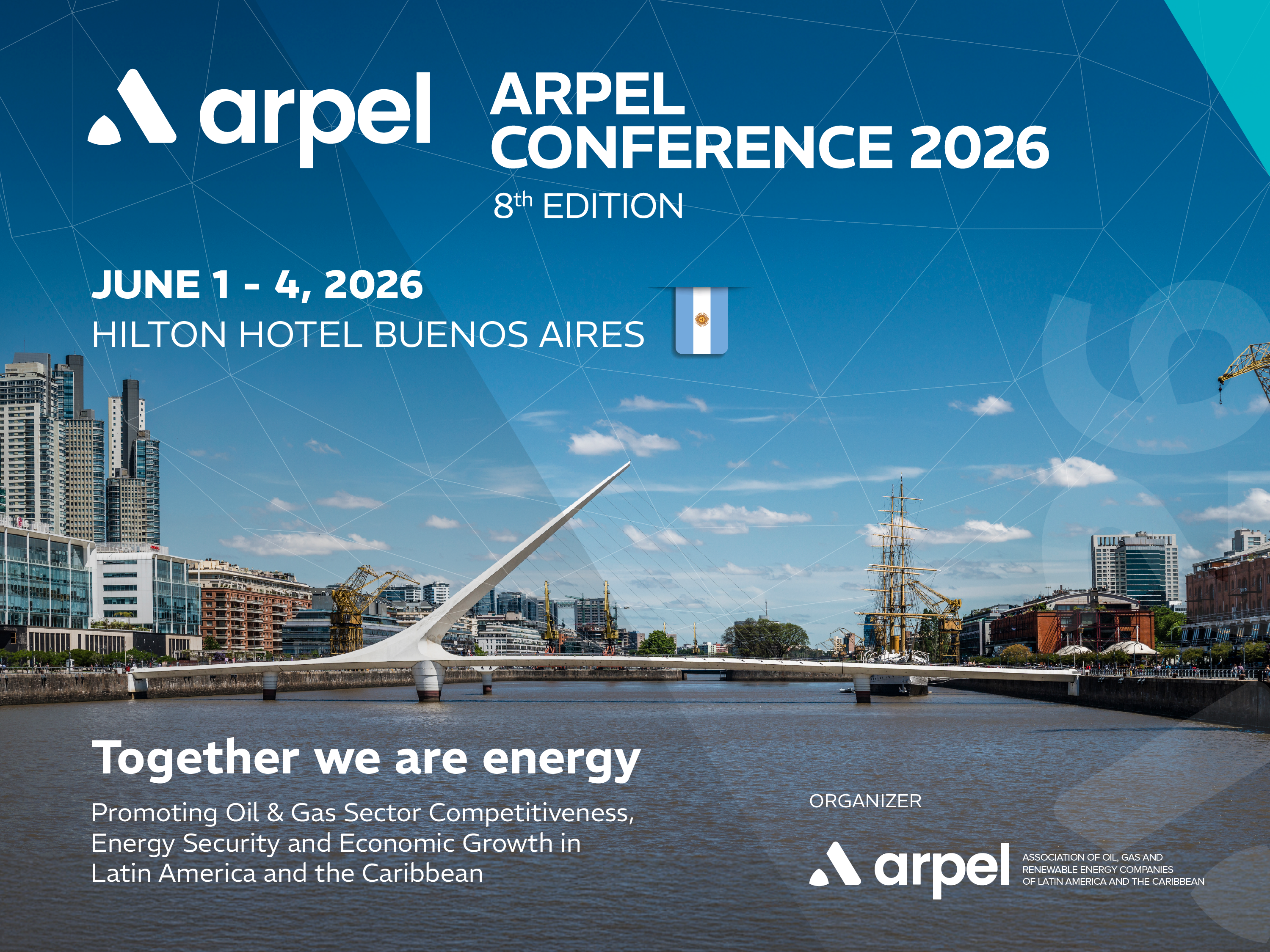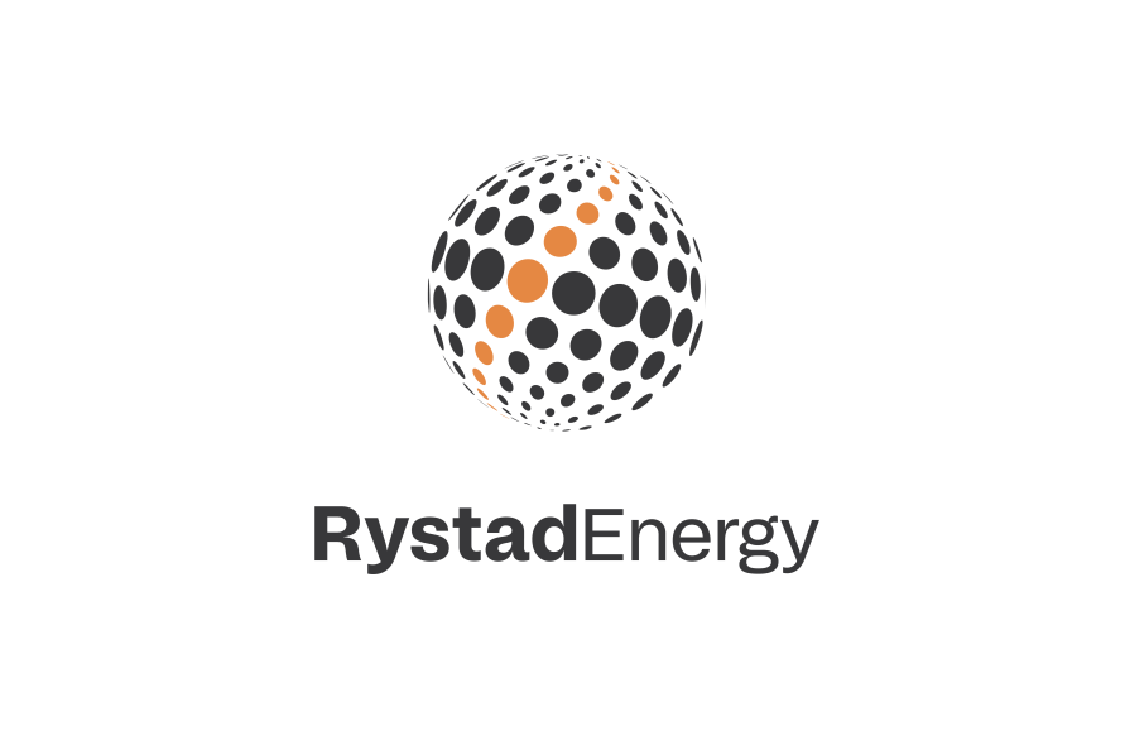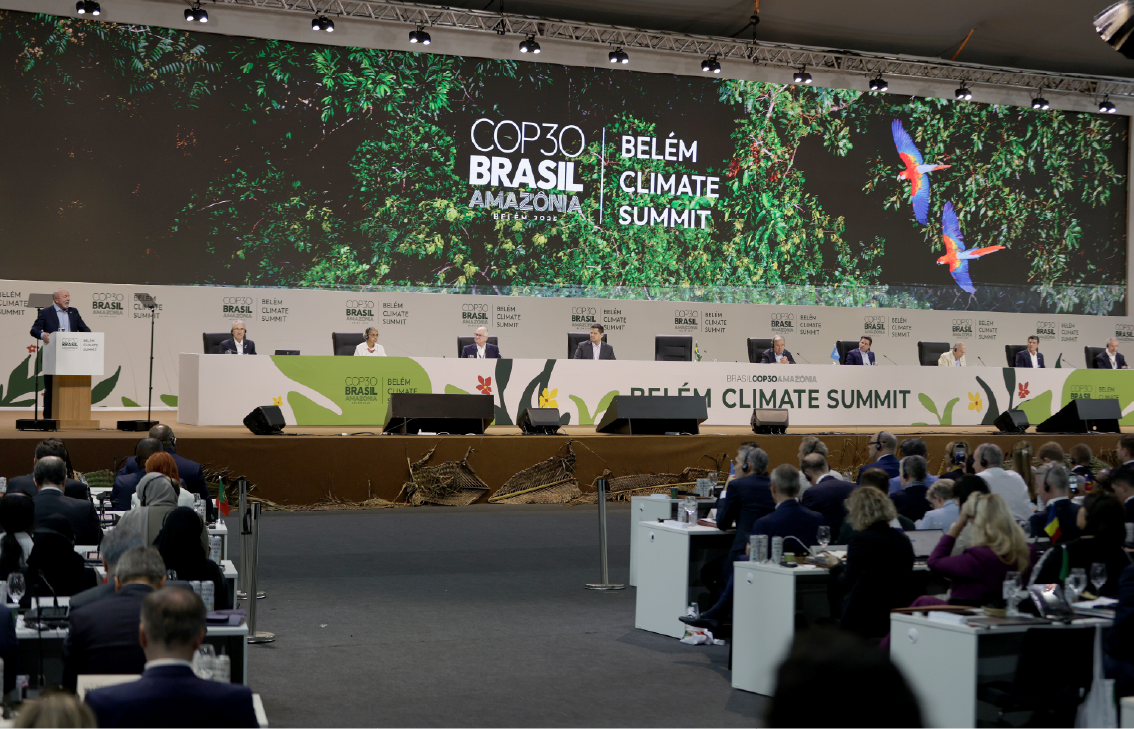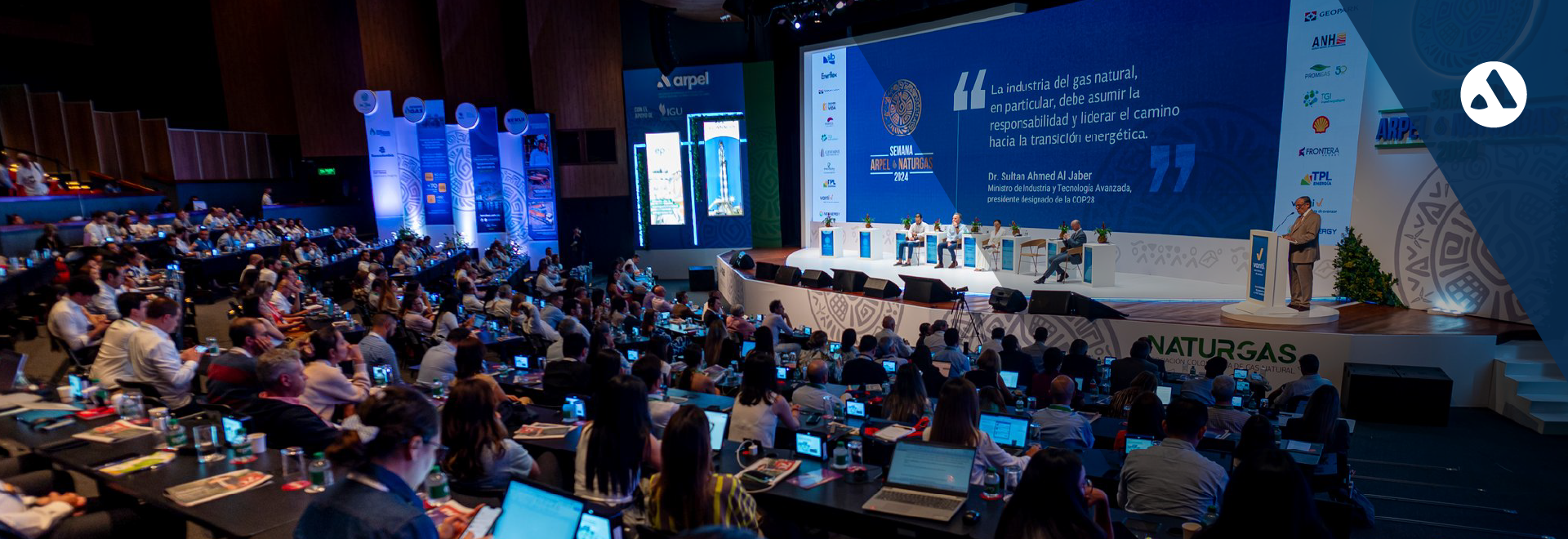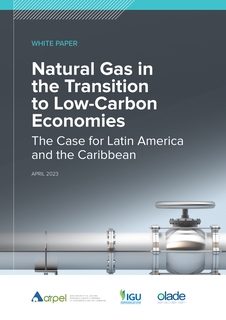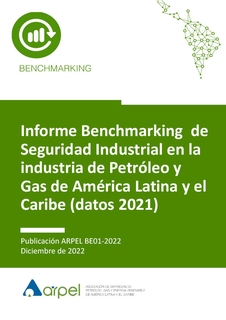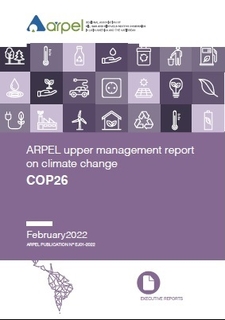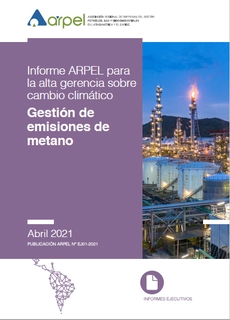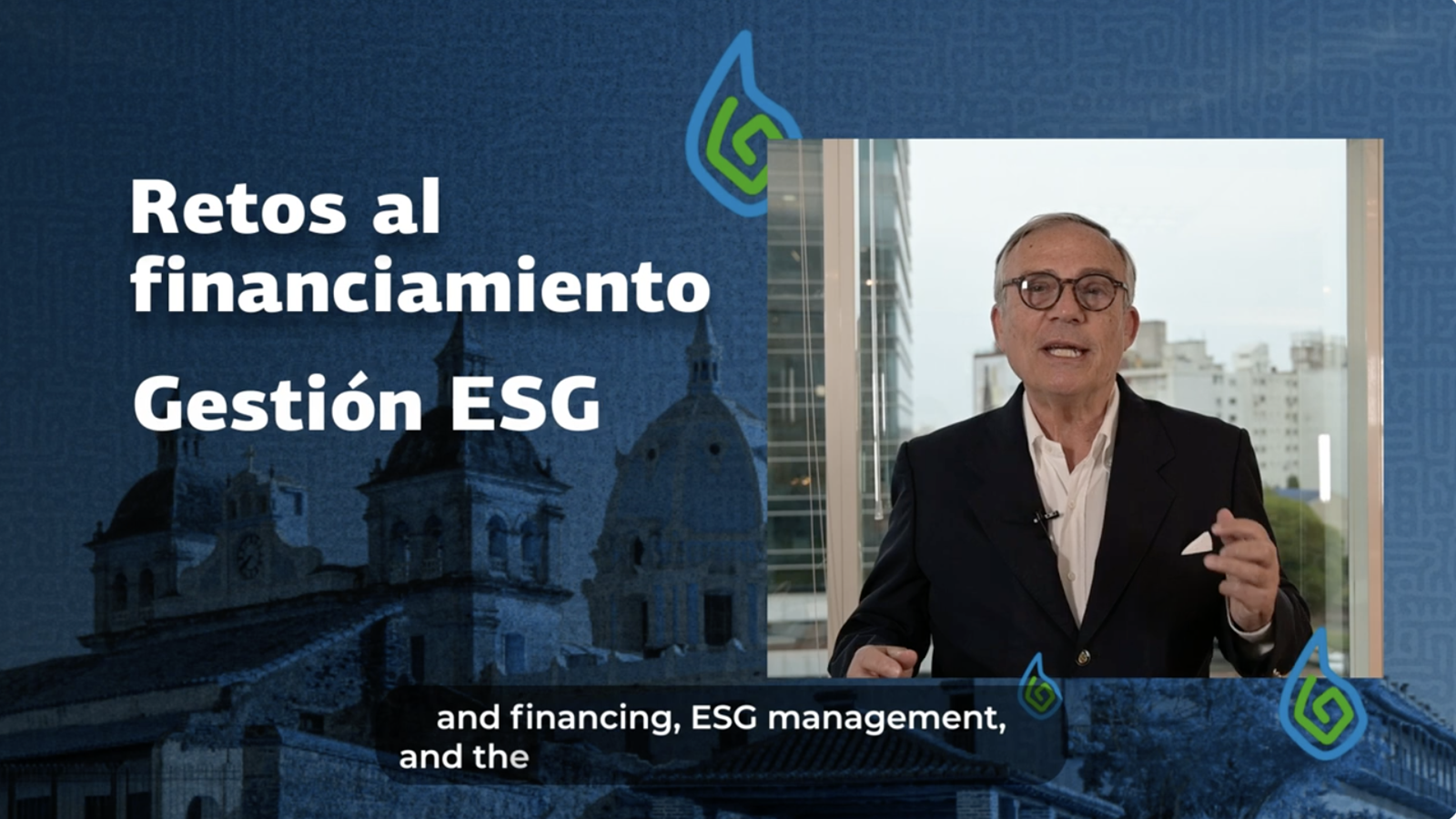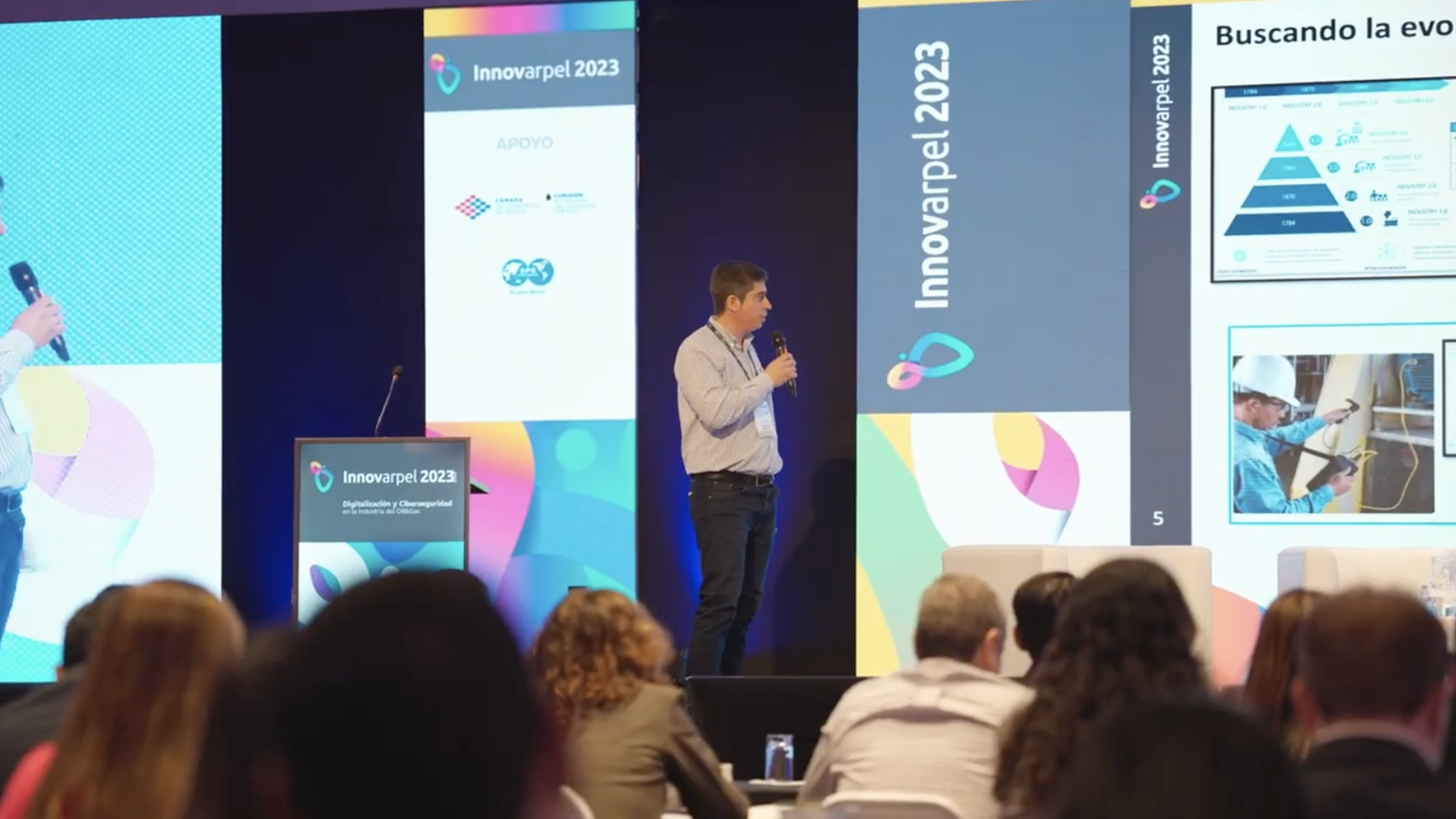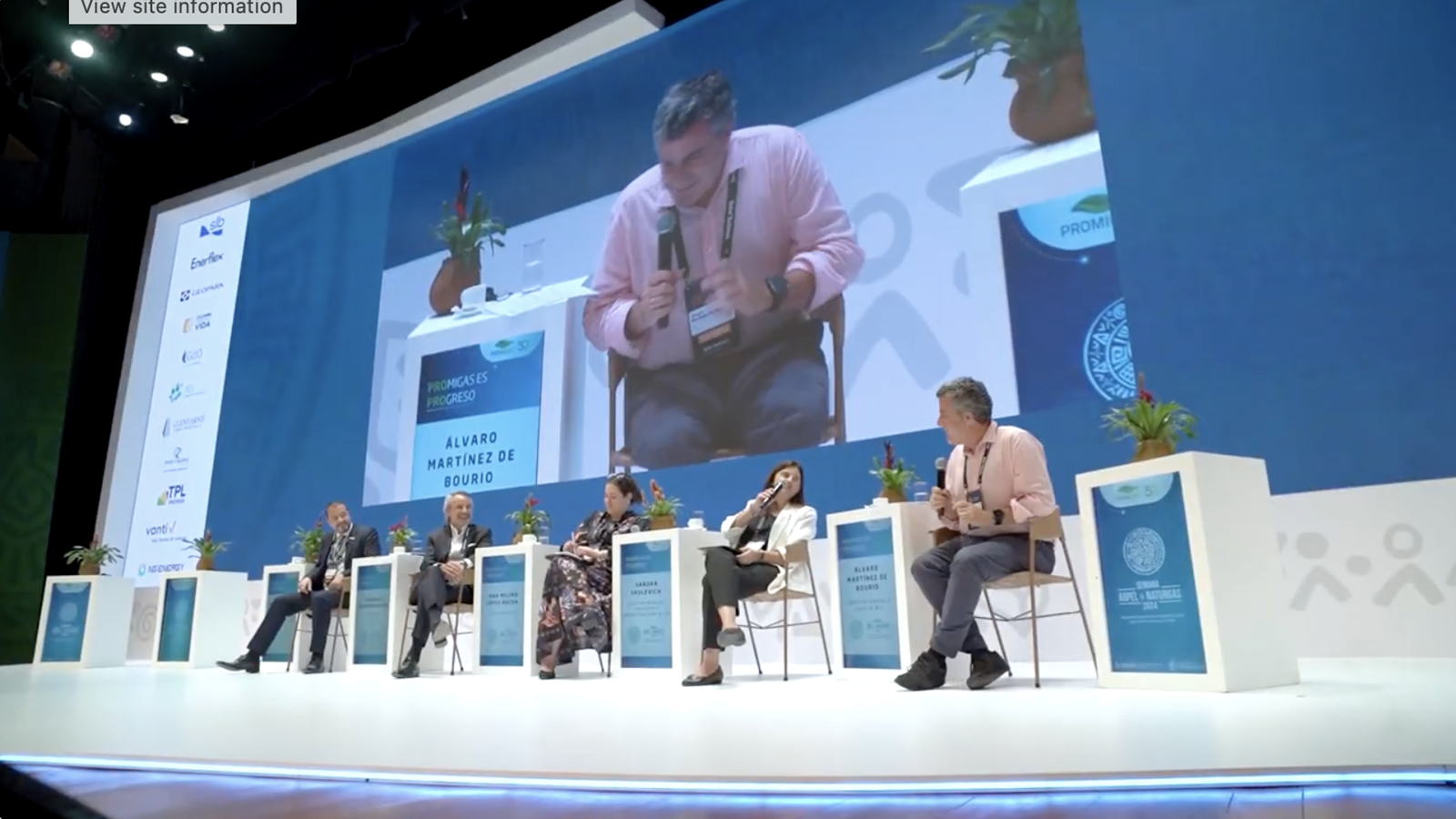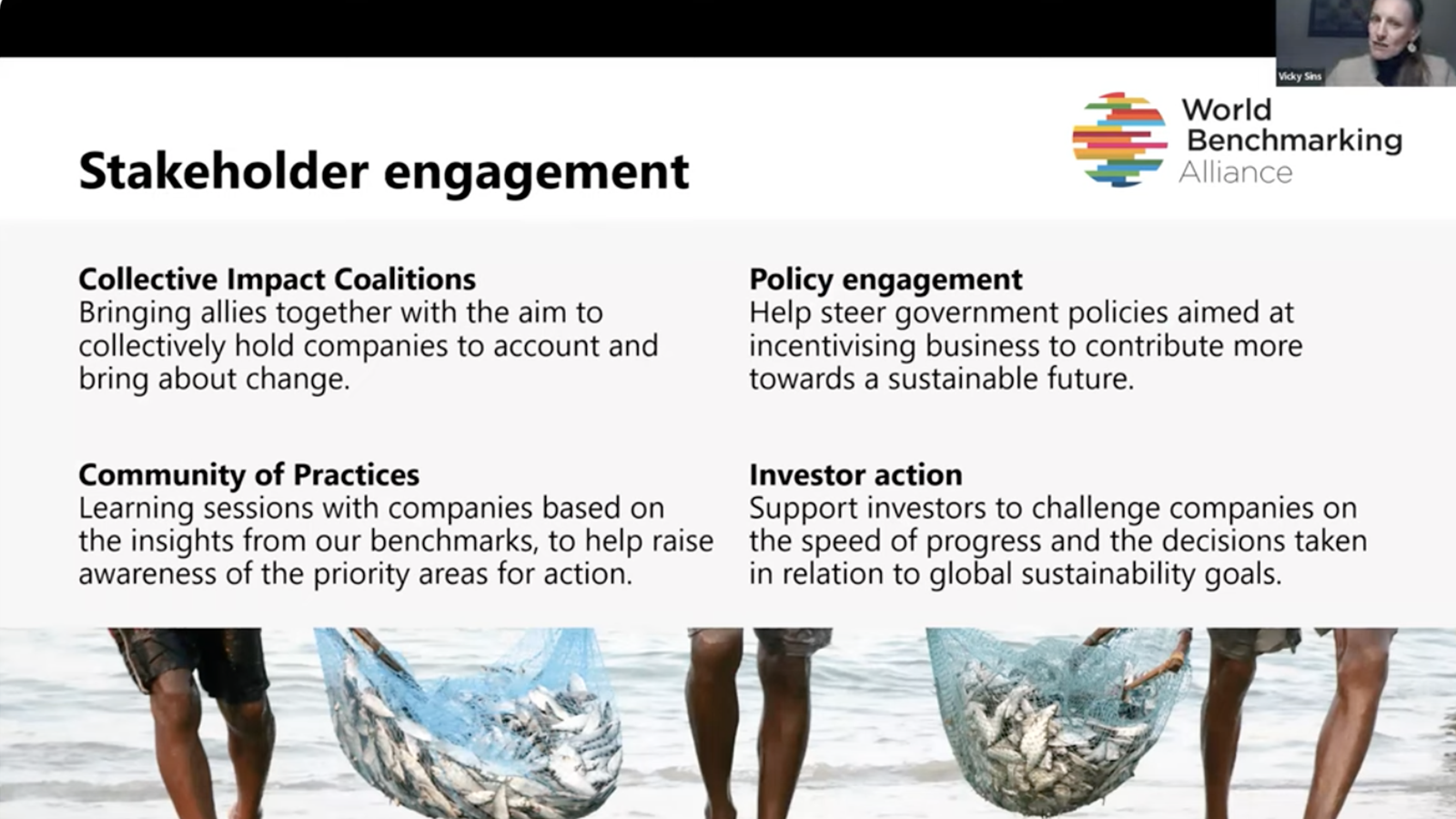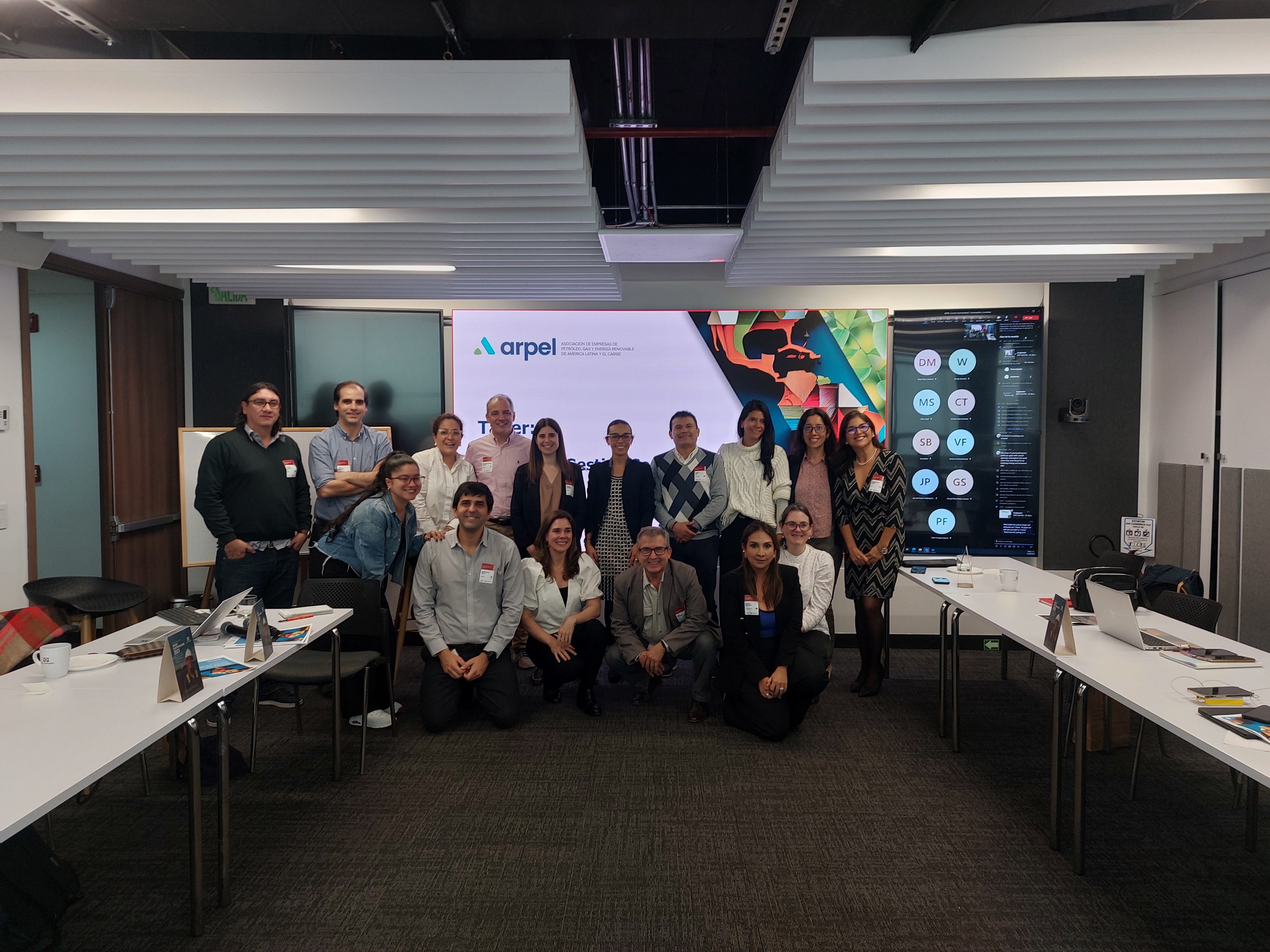
GeoPark, Arpel's member company, hosted the Arpel Sustainable Management Committee Strategy Workshop, which took place on June 11 and 12 in Bogotá, Colombia.
The activity was inaugurated by Martín Terrado, Chief Operations Officer, and by Clara Sofía Gómez, Sustainability Manager, of GeoPark.
The agenda of the first day included the address of “Material issues in ESG and Sustainability in oil and gas in Latin America and the Caribbean”, and a Roundtable on Social Impact and Benefit in the ESG-Sustainability Framework, which It included presentations by Carlos Aya from Shell, Leonardo Cellini, from YPF, and Soledad Rodríguez from Ancap.
The agenda of the second day was about “Integrating ESG-Sustainability into company performance”, and with a discussion on “Transparency and Compliance in ESG-Sustainability”, presented by María Archimbal from YPF, and by Catalina Espinosa from GeoPark.
It was followed by a space dedicated to “Development of the Sustainability Report” with Mónica Tangarife from Ecopetrol and Clara Sofía Gómez from GeoPark.
The activity was coordinated by Mónica Ospina and Pablo Ferragut, on behalf of Arpel.
Below are the KEY POINTS of the first day of the workshop under the theme Social Impact and Benefit:
- Focus on vulnerabilities for effectiveness: Identifying and addressing vulnerabilities in communities for impactful actions.
- Long-term value generation: Emphasizing sustainability for lasting positive impact in regions and communities.
- Creation of shared value: Stressing the importance of collaboration to develop sustainable projects benefiting all.
- Active collaboration with communities: Enhances transparency, reputation, and credibility based on direct community feedback.
- Maximization of value through social investment: Leveraging it as a key tool for positive outcomes in local communities.
- Dual materiality in sustainability reporting: Allows for identification of impacts and approaches with stakeholders for detailed reports and effective strategies.
And the KEY POINTS of the second day:
- Business integrity is strengthened through transparent practices and compliance, reflecting a widespread commitment to ethics and transparency at all organizational levels.
- Anti-corruption strategies evolve to include environmental and community criteria, expanding compliance focus beyond the standard.
- Innovative technologies like short videos and AI enhance the effectiveness of compliance programs, improving prevention and detection of irregularities.
- Continuous updates, self-assessments, and transparency in conflict management bolster organizational integrity, fostering a solid compliance culture.
- Assessing and managing supplier risks with quantitative and qualitative data ensures precise sustainability reports aligned with responsible practices.
- Sustainability reports focusing on critical issues and concrete actions facilitate transparent communication with stakeholders, fostering trust and transparency.
- Overcoming challenges in reporting for international markets and complying with Latin American energy regulations requires a meticulous and adaptive approach in sustainability reporting.
